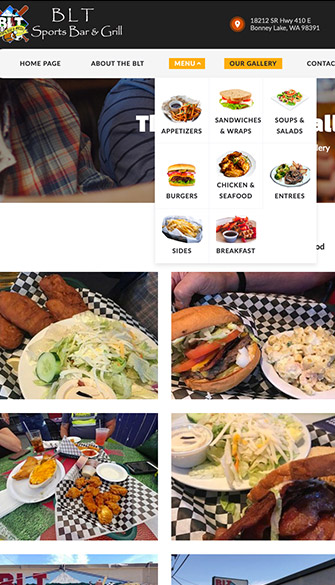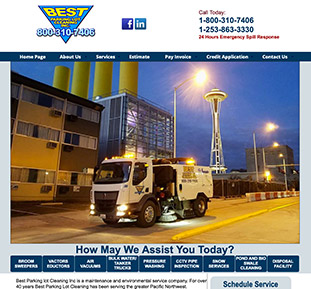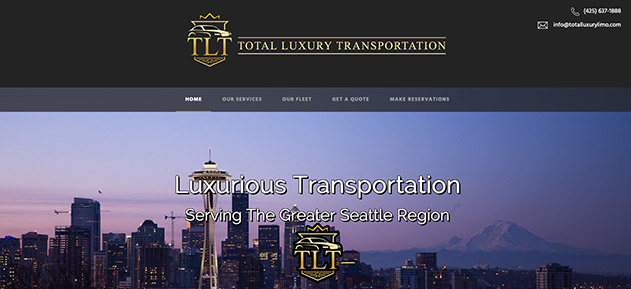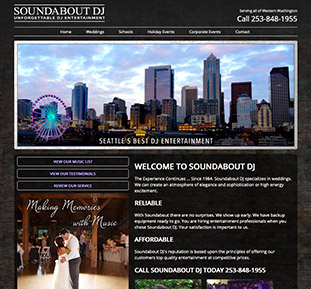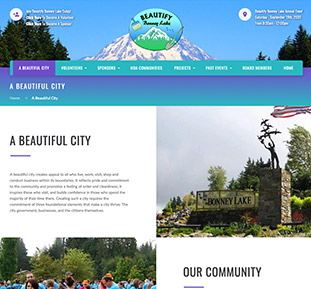We began our journey 13 years ago, and had Darrin at Notable Web design our website. We had so many different ideas and he was so knowledgeable to deliver those ideas into our website.

To create a custom error page for your account, please login to cPanel and click Error Pages, under Advanced. Select the domain or subdomain you want and click the page you want to edit. Insert your own custom page code (in HTML or SHTML). The changes will be applied after you click Save.
Never fear. If you use a design program like Sitebuilder, simply publish a page which you would want to use. Next, visit your website online and pull up that new page you want. At the top of your browser, go to View and choose "Source" or "Page Source". Copy everything from the pop-up window (right click, Select All, right click, Copy) and now you can paste where the HTML code belongs.
Afterward, you may want to remove that extra page from your site builder program.
If you are still seeing the Notable Web error pages, try refreshing your browser (ctrl + F5). If you still see the Notable Web pages, please add this code to your .htaccess file in the public_html directory.
You can even use existing pages as the resulting page. Say you don't want any visitors seeing 404 errors on your site. You can make your home page the result, like so:
If Internet Explorer is not displaying the custom error page, it is likely because the error page must be larger than 1 kilobyte.
There are many error pages which may be defined.
Client Request Errors
400 - Bad Request
401 - Authorization Required
403 - Forbidden
404 - Not Found
405 - Method Not Allowed
406 - Not Acceptable (encoding)
407 - Proxy Authentication Required
408 - Request Timed Out
409 - Conflicting Request
410 - Gone
411 - Content Length Required
412 - Precondition Failed
413 - Request Entity Too Long
414 - Request URI Too Long
415 - Unsupported Media Type
Server Errors
500 - Internal Server Error
501 - Not Implemented
502 - Bad Gateway
503 - Service Unavailable
504 - Gateway Timeout
505 - HTTP Version Not Supported
Simply delete the error page from the public_html folder:
404.shtml
403.shtml
500.shtml
We began our journey 13 years ago, and had Darrin at Notable Web design our website. We had so many different ideas and he was so knowledgeable to deliver those ideas into our website.

Thanks for all you are doing for me! The website that you created for my accounting business is incredible! I've shown it to my clients and they absolutely love it!

YES!!!! This website Looks awesome! Thank you so much! I truly should not be this excited but I am! Incredible job Darrin!

Our new Beautify Bonney Lake website is now live!!! Thanks to Darrin with Notable Web for making this fantastic site possible.

Pards, you have outdone yourself once again. You have been working with me for over 15 years and I sincerely appreciate you!

Thank you for the SEO services you provided for our RV Center. You helped our websites attract a lot of new customers. Way to go Darrin, you are the best!

